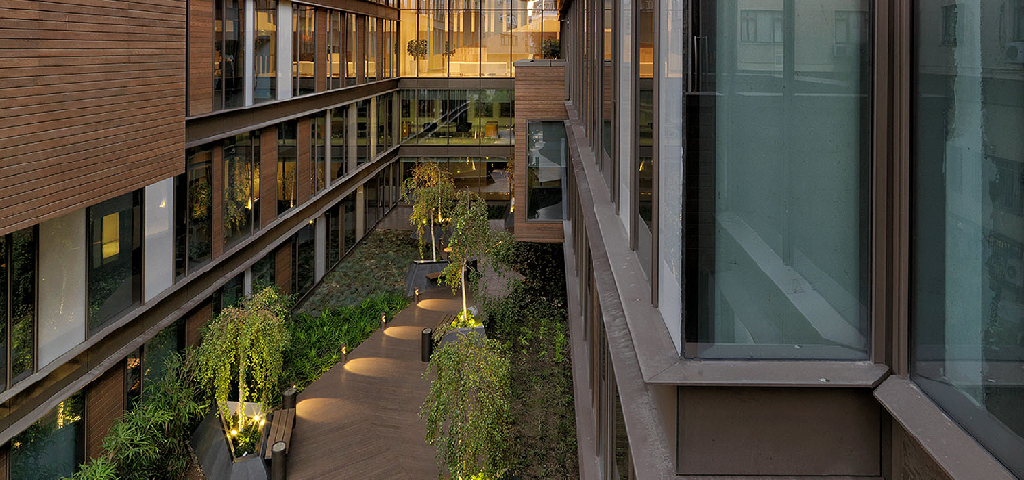The Principles of Sustainable Construction

What does the Geotechnical Study consist of?
December 8, 2022
The Foundation of Success: Geotechnical Engineering in Construction
September 14, 2023Sustainable construction involves a holistic approach that seeks to minimize the negative environmental impacts of construction projects while optimizing their long-term performance and benefits. There are several key principles that underpin sustainable construction practices:
Resource Efficiency: Sustainable construction aims to use resources efficiently by minimizing waste, conserving energy, and reducing water consumption. This principle encourages the use of renewable and recycled materials.
Energy Efficiency: Designing and constructing buildings and infrastructure with energy efficiency in mind is fundamental to sustainability. This involves proper insulation, high-performance windows, and efficient HVAC systems to reduce energy consumption.
Environmental Impact Reduction: Sustainable construction practices prioritize reducing emissions, pollution, and other environmental impacts. This includes managing construction site runoff, controlling air pollution, and minimizing habitat disruption.
Health and Well-being: Buildings and infrastructure should contribute positively to the well-being of occupants. Sustainable construction focuses on indoor air quality, natural lighting, and creating healthy and comfortable spaces.
Methods of Sustainable Construction
Modern civil engineering employs various methods and technologies to implement sustainable construction practices:
Green Building Materials: Sustainable construction often starts with the choice of materials. Using recycled, locally sourced, or eco-friendly materials can significantly reduce the environmental impact of a project.
Building Information Modeling (BIM): BIM technology allows for better project planning and management. It enables architects, engineers, and contractors to collaborate effectively, reducing errors and optimizing resource use.
Renewable Energy Integration: Incorporating renewable energy sources like solar panels and wind turbines into construction projects not only reduces energy costs but also decreases reliance on fossil fuels.
Waste Reduction and Recycling: Minimizing construction waste through recycling and reusing materials not only conserves resources but also reduces disposal costs.
Water Management: Sustainable construction practices include rainwater harvesting, low-flow fixtures, and water-efficient landscaping to reduce water consumption.
Impact on the Construction Industry
The adoption of sustainable construction practices has a profound impact on the construction industry:
Cost Savings: While initial construction costs may be slightly higher, sustainable practices often result in long-term cost savings due to reduced energy and water bills, lower maintenance costs, and extended building lifespans.
Marketability: Sustainable buildings and infrastructure are attractive to environmentally conscious clients, tenants, and investors, increasing property values and marketability.
Regulatory Compliance: Many governments and municipalities are introducing regulations and incentives that encourage sustainable construction, making compliance essential for contractors.
Environmental Stewardship: Sustainable construction practices demonstrate a commitment to environmental responsibility, fostering a positive public image and corporate social responsibility.



